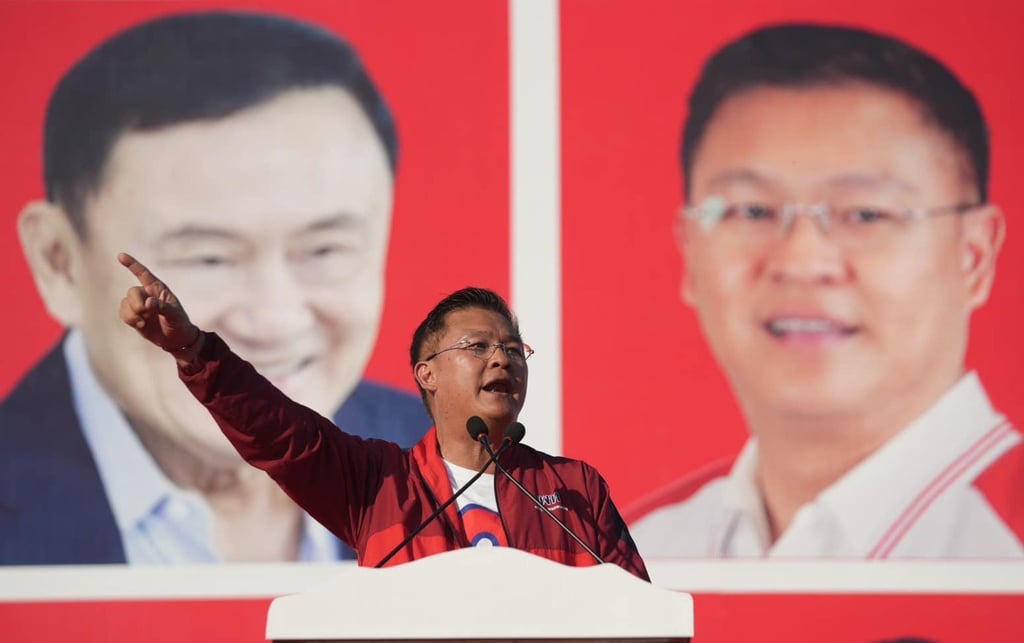Asian Angle | Is Thaksin’s return to Thailand’s ‘red-shirt capital’ a play for national influence?
The return of ex-PM Thaksin Shinawatra turned a local election into a national political stage, aiming to motivate Pheu Thai’s voter base

“All politics is local,” as the saying goes, but not all local politics truly centres on local concerns.
The election for the chief executive of the Udon Thani Provincial Administrative Organisation (PAO) on November 24 was more than just a contest for control between former Pheu Thai MP Sarawut Phetpanomporn and the Progressive Movement’s Kanisorn Khurirang. It evolved into a significant battle for national influence, with the political survival of their prominent backers and the future of their parties on the line.
While leveraging local elections for national politics may offer short-term gains, it could undermine the development of a strong local base and effective governance if conflicts between political figures overshadow constituents’ needs.
Sarawut, who still retains ties to Pheu Thai, won by a comfortable margin of about 58,000 votes, but the victory may not have been his so much as who he represented.

At the epicentre of it all was Thaksin Shinawatra, who did far more than just campaign for Sarawut during his two-day visit to the northeastern province. In what was widely reported as his first public address in 18 years, Thaksin energised crowds at three separate rallies – large and small – praising his daughter’s government and leadership. He dismissed Pheu Thai’s recent election loss as a minor setback, reaffirmed his ties to the red-shirt movement, and emphasised the benefits of having a provincial government aligned with the Pheu Thai-led central government.

